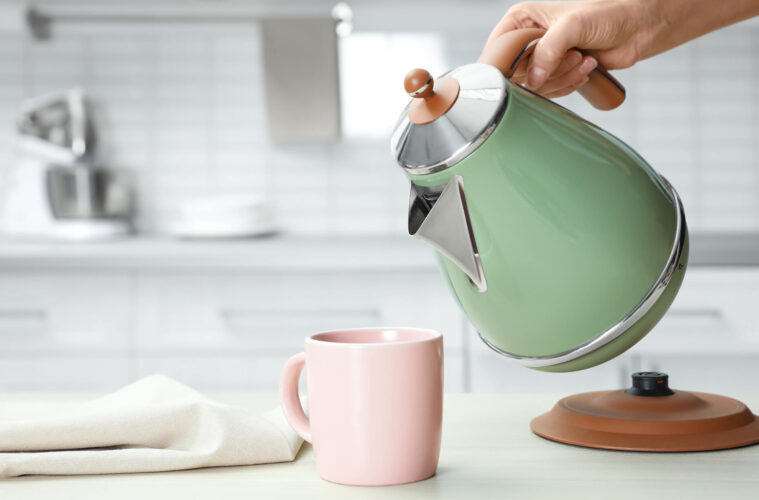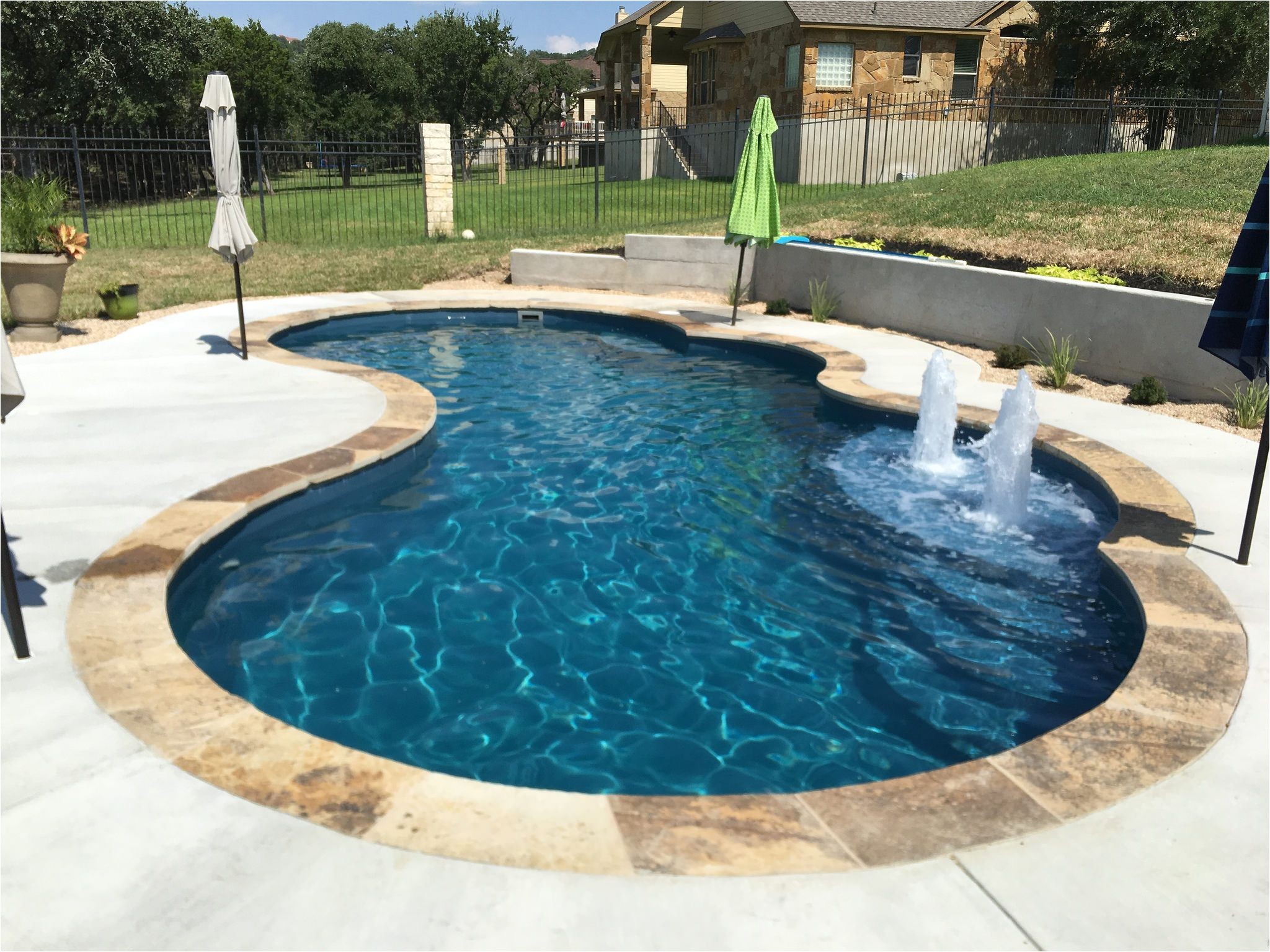Ever noticed a build-up of white deposits on the element of your kettle? This is probably as a result of hard water and is commonly called limescale. But what exactly is hard water, what damage can it do to your kettle and how can you prevent it?
What Is Hard Water?
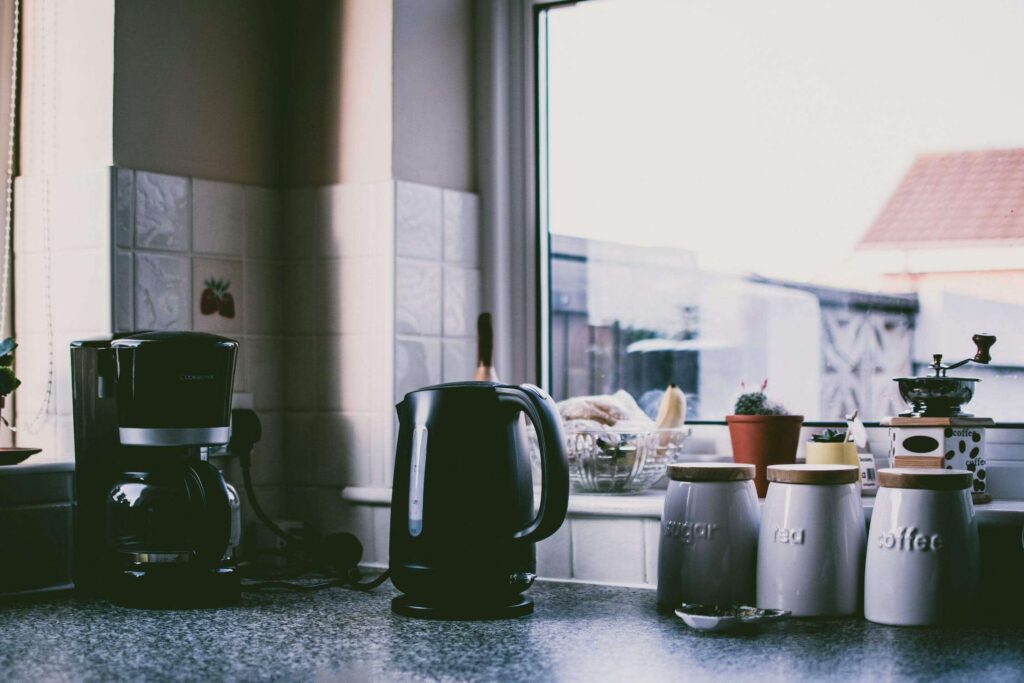
source: shopify.com
Hard water has a high concentration of the minerals calcium and magnesium that are found in water. These two minerals are essential nutrients and are good for your health. Hard water is therefore not bad for you although it can cause dry hair and skin.
On the other hand, hard water is not so great for your appliances such as the kettle, washing machine and dishwasher. Over time, the minerals become deposited on the working parts of these appliances resulting in greater wear and tear and malfunctions.
This is especially significant when it comes to even the best kettles as boiling the water speeds up the process of mineral deposits building up.
How Can Hard Water Damage A Kettle?
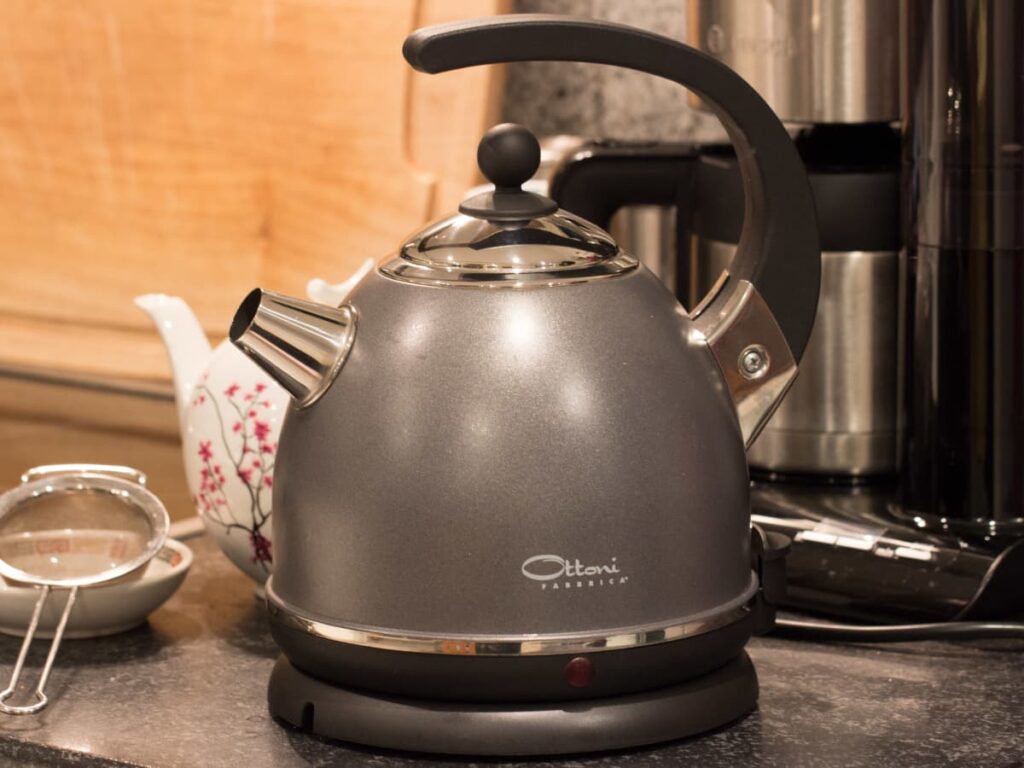
source: pinterest.com
Lime scale is not hazardous to your health and you can continue using your kettle safely if you have noticed white deposits on the element or other parts. It can however have a number of adverse effects for your kettle. Hard water can result in the following problems with your kettle:
Efficiency. Your kettle will take longer to boil your water. This is because the lime scale will prevent the element from heating the water effectively. It is also because energy is expended on heating the lime scale rather than the element and the water.
Corrosion. The minerals in water are hard and abrasive substances and will corrode the element. As the water boils, the calcium deposits rub against the metal element – wearing away at it. The higher concentration of minerals in hard water results in greater wear and tear. Lime scale build-up will corrode the element even faster. In most cases, this corrosion is not noticeable until the limescale has been removed.
Burn-out. Continuous corrosion from the hard water on the element will eventually cause the element to burn-out. If the deposits are allowed to build-up, a burn-out is even more likely. This is an electrical hazard and will mean that you will have to replace your kettle. Repairing a burnt out kettle is not recommended and in most cases, not cost effective.
How Can You Prevent Hard Water From Damaging Your Kettle?
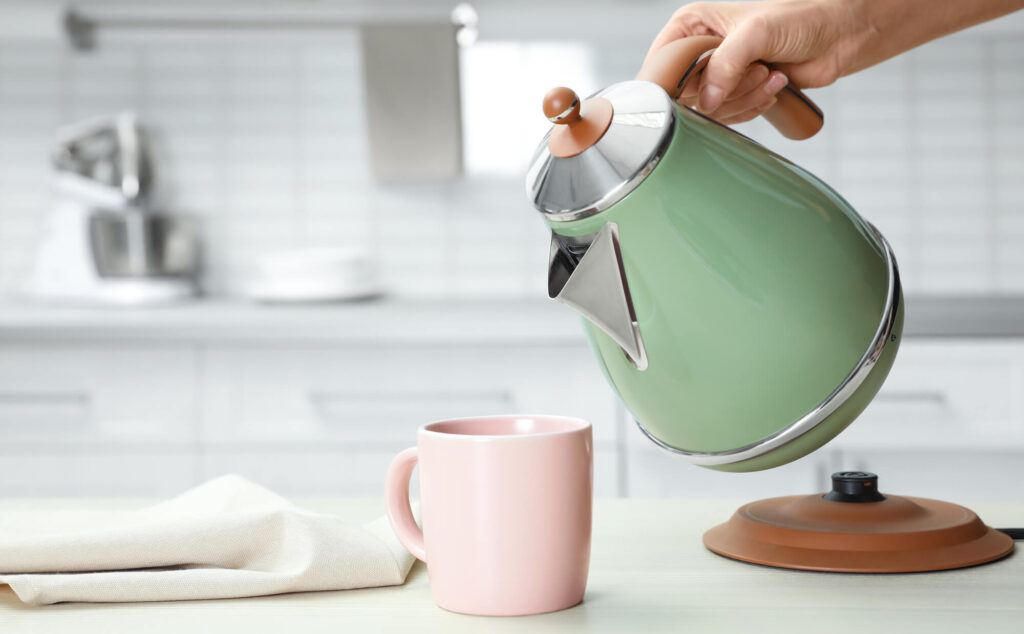
source: tomsguide.com
The Architecture Designs explore variety of different ways to prevent or reduce the negative impact of hard water on your kettle:
Empty it. After use, empty the kettle, rinse it and then dry the element. If you leave water standing in your kettle, it is going to have a greater corrosive effect and will increase lime scale build-up.
Use a water softener. Water softeners remove calcium and magnesium from the water supply. These systems should not be confused with water filtration systems which only remove larger molecules such as dirt and debris from drinking water. If you do use a water softener, remember that you are removing these essential minerals from your diet. It is recommended to take supplements if you are using a system to remove calcium and magnesium from your drinking water.
Use bottled water. Using bottled water that has a low concentration of calcium and magnesium can help reduce the wear and tear from hard water and prevent lime scale build-up. Reverse osmosis water is a good choice as it removes all the calcium, magnesium as well as other minerals, chemicals and harmful substances from drinking water.
What Can You Do If Lime Scale Is Already Present In Your Kettle?
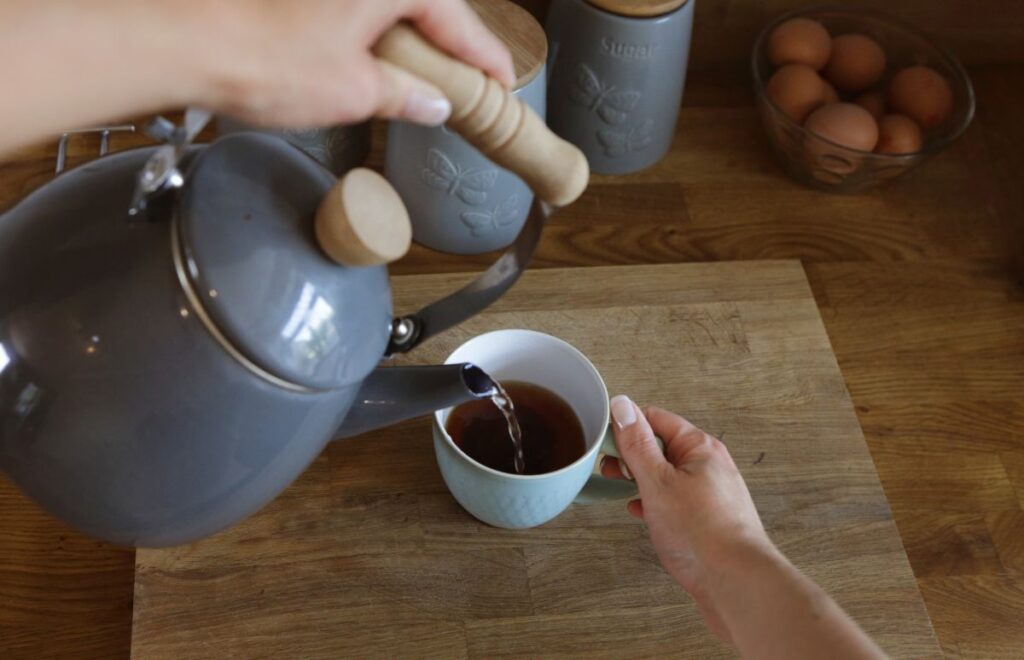
source: homesandgarden.com
If you already have a build-up of mineral deposits in your kettle, you don’t need to throw it out. There are a number of different descaling techniques that you can use to remove the lime scale.
Lemon juice and vinegar are both acids that are effective at removing lime scale. Use a dilution of 1:1 water to vinegar, leave for one hour and then boil the kettle once. Rinse well and dry. Use a dilution of 1:4 parts lemon juice to water, leave for one hour then boil 3 times. Rinse well and dry.
You may need to repeat this process a few times depending on the extent of the lime scale. However, it is recommended to descale the kettle regularly or as soon as you notice white spots starting to form on the element.

